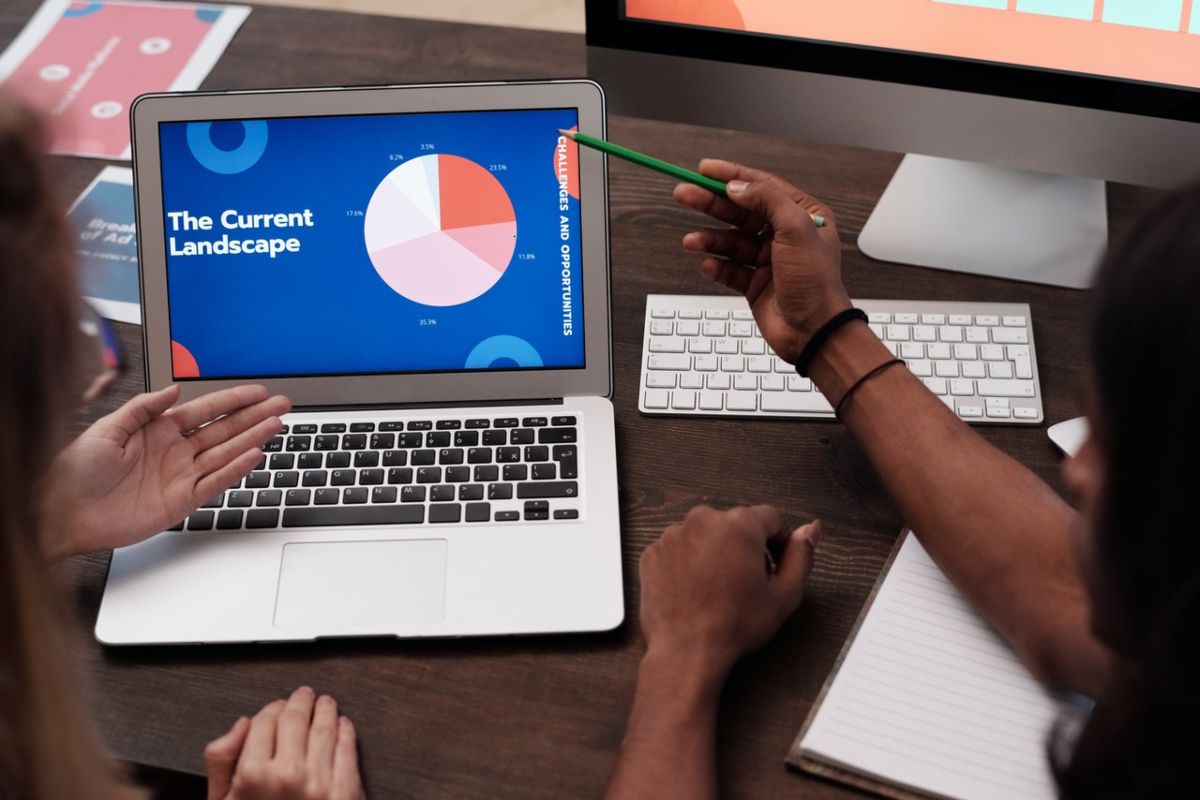Kalshi pushes for court to allow betting on U.S. elections
Amid the explosion of legal gambling in the United States, some things have remained off-limits, including betting on the outcome of U.S. elections. But that could be about to change. A federal judge in Washington has struck down a decision by the Commodity Futures Trading Commission to prohibit a company from offering what amounts to bets on the outcome of Congressional elections. Last Friday, U.S. District Court Judge Jia Cobb ruled in favor of New York-based Kalshi, but did not detail her reasoning. The judge paused the matter until after a planned hearing Thursday, when the court will presumably outline the rationale for its decision. It also could rule on the agency’s request for a two-week delay in the case. “The commission lost, fair and square, on the law,” Kalshi wrote in a court filing. “It should not be allowed to snatch a procedural victory from the jaws of defeat by running out the clock” until the Congressional elections happen this fall. “As the election nears, Kalshi and the public deserve access to the contracts that the CFTC has blocked for too long already,” the company wrote. No U.S. jurisdiction has authorized betting on elections, and several states explicitly ban it. But such bets are readily available to gamblers who use foreign web sites; the practice of elections betting is widespread in Europe. In a Sept. 2023 decision, the commission told Kalshi it could not offer yes-no prediction bets on which party would control the House of Representatives and the Senate, ruling that it constituted illegal gambling activity that is contrary to the public interest. Such bets “could potentially be used in ways that would have an adverse effect on the integrity of elections, or the perception of integrity of elections — for example, by creating monetary incentives to vote for particular candidates,” the agency wrote. Kalshi officials did not respond to requests for comment Tuesday and Wednesday. An attorney representing them in the case referred an inquiry back to the company. Likewise, attorneys representing the commission did not respond to a message seeking comment. Had the judge not agreed to pause the matter until at least Thursday, Kalshi would have been free to list and accept money from customers on its Congressional markets. It was not immediately clear whether it or other companies would also seek to offer bets on other elections, including the presidential race. In 2020, several of the country’s major sportsbooks told The Associated Press they would be eager to take bets on the U.S. presidential elections if it were legal to do so. Vice President Kamala Harris was listed Wednesday as a slight favorite to win the election on the websites of many European bookmakers, who gave her a 54% to 55% probability of prevailing following her performance in Tuesday night’s debate. —Wayne Parry, Associated Press

Amid the explosion of legal gambling in the United States, some things have remained off-limits, including betting on the outcome of U.S. elections.
But that could be about to change.
A federal judge in Washington has struck down a decision by the Commodity Futures Trading Commission to prohibit a company from offering what amounts to bets on the outcome of Congressional elections.
Last Friday, U.S. District Court Judge Jia Cobb ruled in favor of New York-based Kalshi, but did not detail her reasoning.
The judge paused the matter until after a planned hearing Thursday, when the court will presumably outline the rationale for its decision. It also could rule on the agency’s request for a two-week delay in the case.
“The commission lost, fair and square, on the law,” Kalshi wrote in a court filing. “It should not be allowed to snatch a procedural victory from the jaws of defeat by running out the clock” until the Congressional elections happen this fall.
“As the election nears, Kalshi and the public deserve access to the contracts that the CFTC has blocked for too long already,” the company wrote.
No U.S. jurisdiction has authorized betting on elections, and several states explicitly ban it.
But such bets are readily available to gamblers who use foreign web sites; the practice of elections betting is widespread in Europe.
In a Sept. 2023 decision, the commission told Kalshi it could not offer yes-no prediction bets on which party would control the House of Representatives and the Senate, ruling that it constituted illegal gambling activity that is contrary to the public interest.
Such bets “could potentially be used in ways that would have an adverse effect on the integrity of elections, or the perception of integrity of elections — for example, by creating monetary incentives to vote for particular candidates,” the agency wrote.
Kalshi officials did not respond to requests for comment Tuesday and Wednesday. An attorney representing them in the case referred an inquiry back to the company. Likewise, attorneys representing the commission did not respond to a message seeking comment.
Had the judge not agreed to pause the matter until at least Thursday, Kalshi would have been free to list and accept money from customers on its Congressional markets.
It was not immediately clear whether it or other companies would also seek to offer bets on other elections, including the presidential race.
In 2020, several of the country’s major sportsbooks told The Associated Press they would be eager to take bets on the U.S. presidential elections if it were legal to do so.
Vice President Kamala Harris was listed Wednesday as a slight favorite to win the election on the websites of many European bookmakers, who gave her a 54% to 55% probability of prevailing following her performance in Tuesday night’s debate.
—Wayne Parry, Associated Press






















